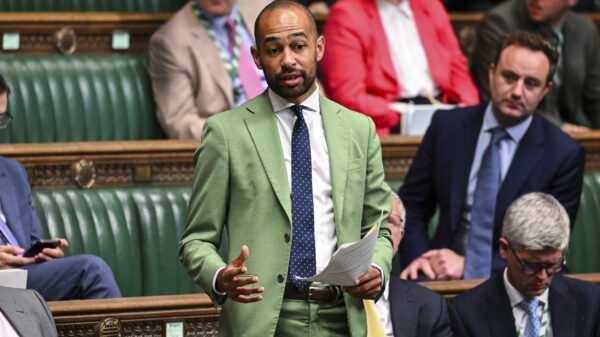All six full-time KCLSU officers signed a statement on 27 August calling on the government to let students from Gaza with UK university offers take up their places.
A shortened version was emailed to all King’s students on the same day. The officers say students from Gaza are unable to begin courses because there is currently no UK Visa Application Centre (VAC) in Gaza, so they cannot enrol biometrics needed for visas. The VAC in Gaza has been closed since the 7 October terrorist attacks in Israel.
“We are deeply concerned that a King’s College London student and Chevening Scholar is affected”, they added.
Ministers have approved special arrangements for about 40 fully-funded scholarship holders to leave Gaza and complete biometrics in a third country – subject to Israeli approval – so they can start courses this autumn. Campaigners say that still leaves roughly half of the more than 70 affected offer-holders without a route.
The KCLSU officers “welcomed” the move but have urged the Home Office to extend biometric deferral to all students from Gaza, citing guidance that allows deferral where travel to a VAC is unsafe and no alternatives exist.
“These criteria are met, as the situation in Gaza is deadly”.
KCLSU Officers
This was the officers’ second public appeal in a month. In late July, they joined 212 elected officers from 75 students’ unions in an open letter urging “urgent action” for Gaza offer-holders. This week’s statement also cites a separate letter signed by 114 MPs calling for biometric deferral and the facilitation of safe travel.
The officers said they have been told that King’s is engaged in sector-wide lobbying and has met with the King’s Sanctuary team “to explore ways of widening access to education for students affected by war”.
They add that their “firm commitment remains to work with the University” and to “play an active role in supporting forced migrants’ access to education at King’s”.
The union says “Access to Education” is a core plank of its agenda, noting UN experts’ warning that, as of August 2025, universities in Gaza have been destroyed, leaving more than 90,000 students without higher education.
They invited student groups focused on access and widening participation to get in touch “to amplify our voices collectively”. Addressing students directly, the officers said they recognised anger at “ongoing inaction” and were “using every avenue available” to advocate for affected peers.


















